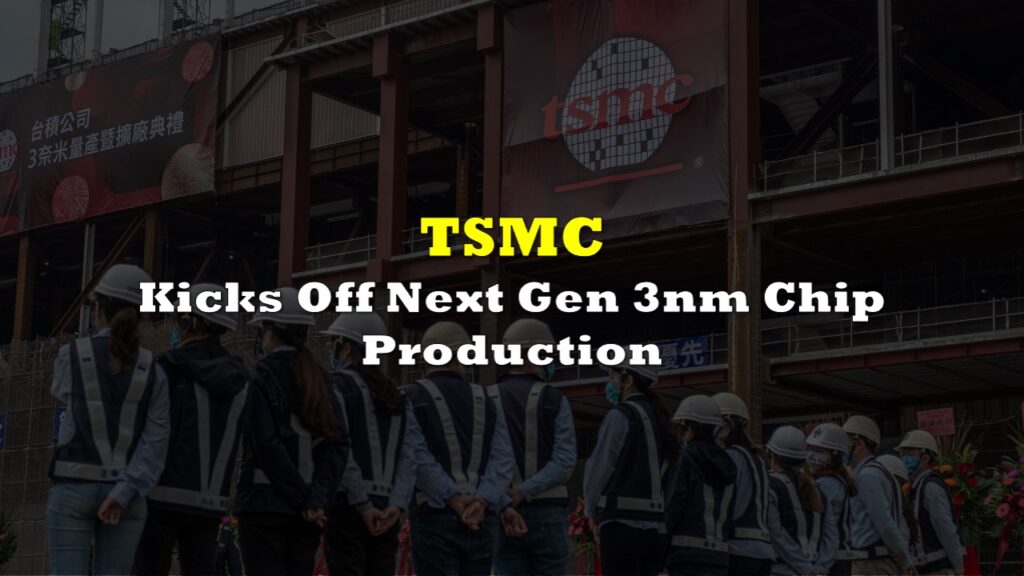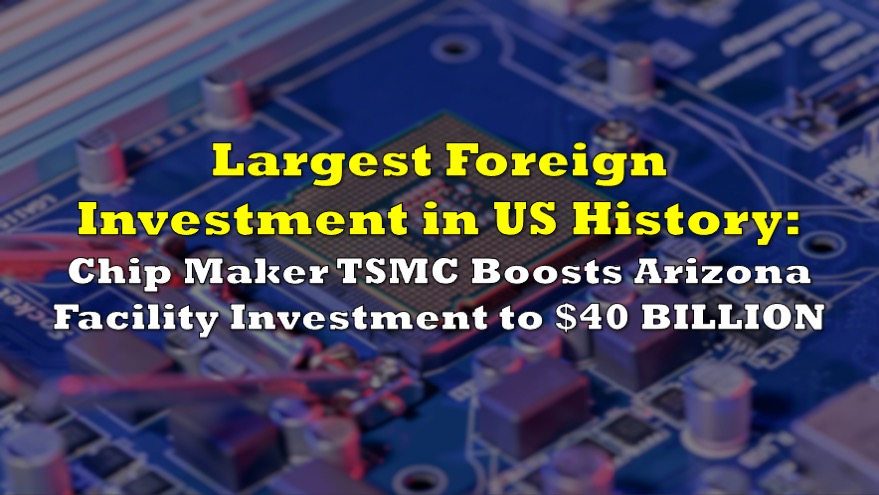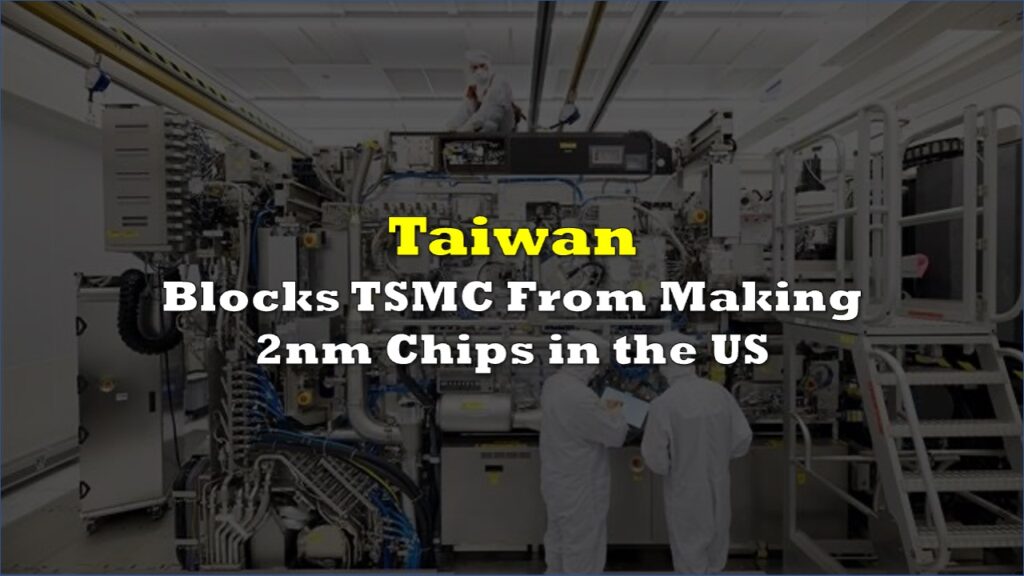Morris Chang, founder of Taiwan Semiconductor Manufacturing Co., said that geopolitics have radically transformed the position confronting semiconductor companies, and “globalization and free trade are almost dead” and unlikely to return.
The 91-year old businessman spoke on Tuesday at an event in Phoenix, Arizona, marking the symbolic first equipment installation at the company’s new plant.
“When I started TSMC back in 1987, I had a dream. Probably because of my background, which up to that point, was primarily America. Probably because of my background, my dream was to build fabs in the United States,” Chang said.
However, back when he was leading the firm, he relayed that they encountered “cost problems, people problems, and cultural problems” which made “the dream fulfilled [become] a nightmare fulfilled.” He then decided to push back with the dream of expanding to America.
“25 years passed and we have a new chairman, Mark Liu. And he happens to share my dream! Now you see a partial, not yet fulfilled, but progress of this dream,” Chang added, referring to the minted Arizona factory.
The $40-billion project is the firm’s first advanced chip plant in the United States in more than two decades and Chang stated that much “hard work” remains to be done to ensure its success.

Referring to the engagement in Arizona, Chang explained that it is called a “tool-in” but “nobody outside Taiwan understood what that meant, so now it’s called ‘opening ceremony’.”
“I did not understand what the name meant at first, but now, I’ve heard it so many times, I’ve been at ‘first tool-in’ ceremonies so many times, I now understand what it means. Basically it means, the end of the beginning…for a factory,” shared Chang.
He added that at this point, “the initial excitement is gone [and] a lot of hard work remains.” He then correlated his narrative to the current geopolitical situation that’s challenging globalization.
“Twenty-seven years have passed and [the semiconductor industry] witnessed a big change in the world, a big geopolitical situation change in the world,” Chang said. “Globalization is almost dead and free trade is almost dead. A lot of people still wish they would come back, but I don’t think they will be back.”
1/ Morris Chang gave a sobering speech at the TSMC Arizona fab opening ceremony
— Kevin Xu (interconnect.substack) (@kevinsxu) December 11, 2022
He proclaimed that "globalization is almost dead" and this is just "the end of the beginning"
Sadly no one listened; no covered the speech
Here's my transcript of what he said in a thread🧵👇
However, acknowledging the Arizona facility’s fruition, Chang also recognized “the change in political situation” that led to the fulfillment of his “old dream revived,” as the expansion had the backing of “the US government, the federal government, the state government, the local government.”
His comments come amid rising fears that tensions between the US and China over semiconductors are separating the global IT supply chain into two camps. Washington’s crackdown on Beijing’s chip ambitions, most recently in the form of new restrictions imposed in October, has made it increasingly difficult for companies like TSMC to serve Chinese clients.
US-Taiwan relations has seen a surge of strength marked by the symbolic visit of then-House Speaker Nancy Pelosi, which inadvertently made US-China relations more tenuous.
READ: China Sanctions Pelosi Over Taiwan Visit, Ends Cooperation, Military Ties with the US
The event was attended by a big delegation of leading semiconductor and tech industry CEOs, as well as US President Joe Biden who praised the plant as a victory for the United States in its push to manufacture cutting-edge chips domestically.
Information for this briefing was found via Nikkei Asia and the sources mentioned. The author has no securities or affiliations related to this organization. Not a recommendation to buy or sell. Always do additional research and consult a professional before purchasing a security. The author holds no licenses.









